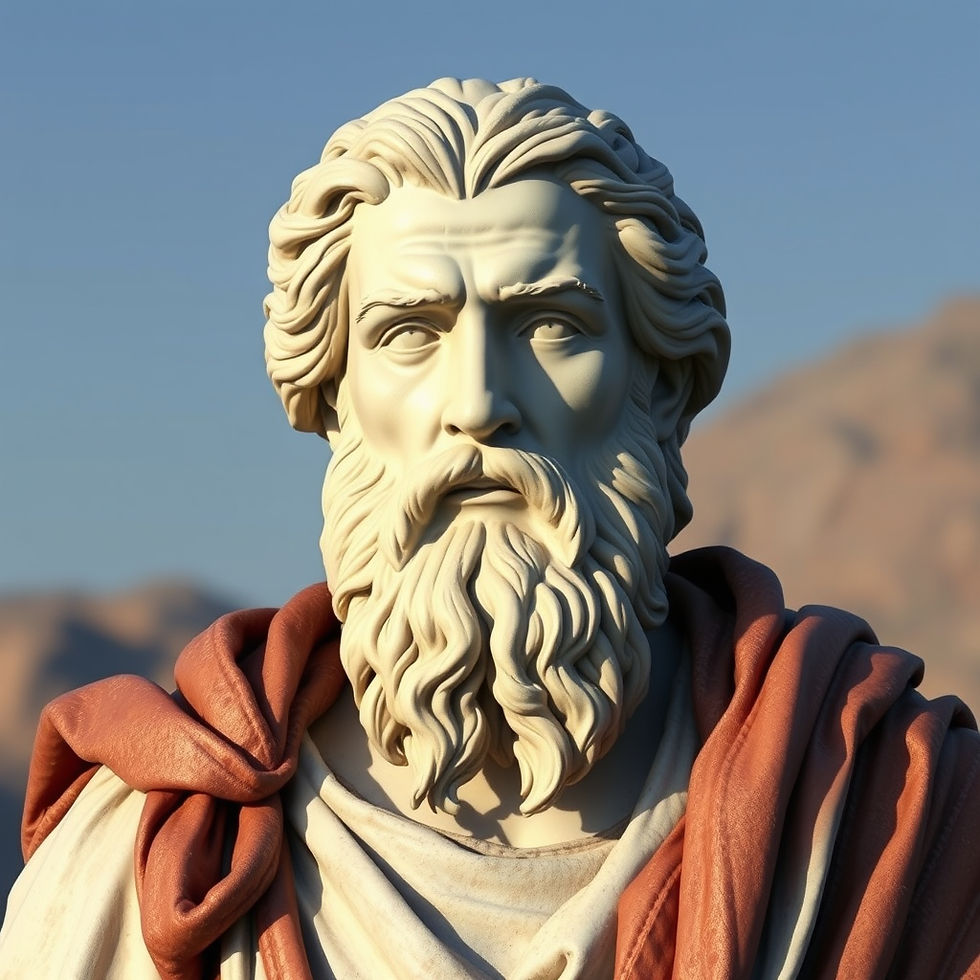The Legacy of John MacArthur: A Reflection on Faith and Trauma
- Alex Belle
- Jul 16
- 3 min read
Updated: Oct 28

Understanding the Impact of John MacArthur's Teachings
I have never sat among the pews of Grace Community Church, but the echoes of John MacArthur's teachings have rippled throughout my life. Today, upon seeing the news of his death, I experienced complex feelings- feelings that many victims of his teachings are grappling with.
I've never even been to the United States, yet the theology that resonated from his pulpit has profoundly impacted my life. Specifically, his rigid interpretations of gender, sexuality, and parental authority have left lasting scars. As he departs from this world, his words continue to manifest in the form of abusive relationships, complex PTSD, religious trauma syndrome, and fractured families.
The Harmful Legacy of Rigid Theology
It's customary not to speak ill of the dead, but I believe it is crucial to recognize the lasting harm inflicted by John MacArthur and those like him. This harm will endure long after their deaths.
MacArthur’s voice served as a lighthouse for many in conservative evangelicalism. However, for some of us, it was a warning siren we couldn’t yet recognize. He preached that women should submit, that LGBTQ+ individuals were “perversions of God’s design,” and that children must obey without question. His advice on discipline often crossed the line into abuse.
My church, while not directly affiliated with his, was heavily influenced by him. It shared much of his tone, his certainties, and his unwavering conviction that “biblical truth” demanded hierarchy, suppression, and suffering.
The Internal Struggle with Identity
I internalized the belief that being born queer was an act of rebellion. I felt I deserved to die for my perceived deviance. As someone raised as a woman, I believed my only safe place was beneath a man’s authority, regardless of the abuse a husband or father might inflict. Speaking up about abuse or doubt was framed as rebellion against God. None of these doctrines bore fruit; they only cultivated fear, shame, and self-hatred.
The tributes to MacArthur have included phrases like, "a good and faithful servant," "he ran the race," and "a man of truth." However, those of us whose lives were influenced by his ideological scaffolding remember a different kind of legacy—one where love was conditional, and ideas believed to be truth were wielded as weapons.
The Ongoing Influence of MacArthur's Teachings
MacArthur may be gone, but his influence remains. His books still occupy shelves, his sermons continue to be downloaded, and his theology informs thousands of pulpits. The victims—both direct and indirect—are still grappling with the damage he caused.
To my fellow survivors of religious cults and high-control churches: if you lived under leaders who revered MacArthur and others like him, if your story includes spiritual abuse, queer erasure, gender-based oppression, or religious trauma disguised as discipleship, you are not alone.
Naming the Harm and Reclaiming Our Voices
Nothing will undo what has been done, but we can name it. We can call the harm what it was. We can honour survival and begin the slow, brave work of reclaiming our identity, our bodies, and our voices.
We are allowed to grieve what could have been—a church that embraced complexity, compassion, and difference instead of control.
John MacArthur is dead. But we are still here.
We, the ones they tried to erase. The women who lead, the queer people who love, the children who ask questions, and the believers who walk away from certainty into mystery.
Building a Better Future
We are still here, and we get to write the next chapter. One where no one has to be erased to belong. Let’s build something better.
In this journey, we can find strength in each other. Together, we can foster communities that uplift rather than suppress. We can create spaces where diversity is celebrated, and every voice matters.
Let’s move forward with hope and resilience, knowing that we are not defined by the harm done to us but by the love we choose to share.
---wix---





Comments